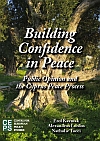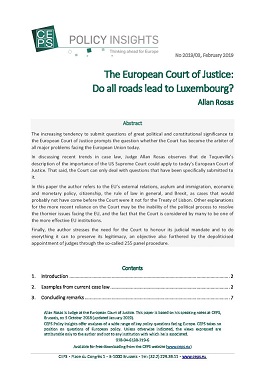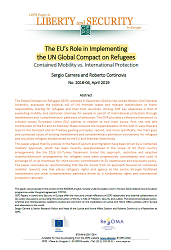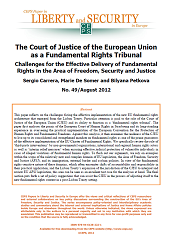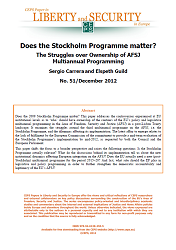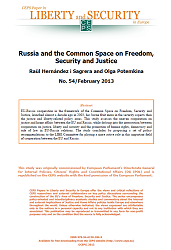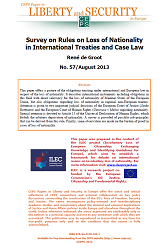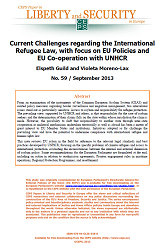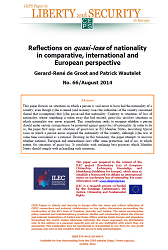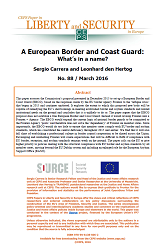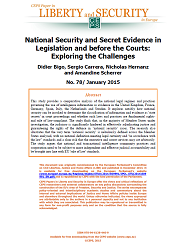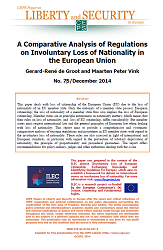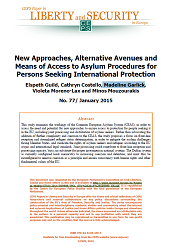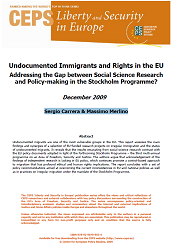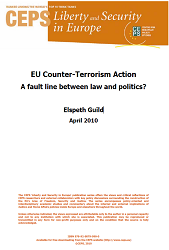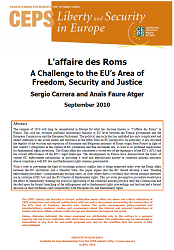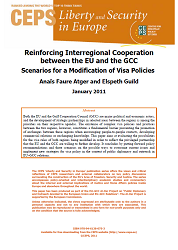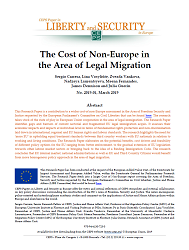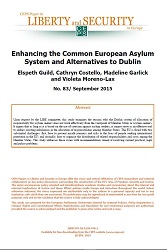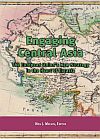
Engaging Central Asia. The European Union’s new strategy in the heart of Eurasia
Engaging Central Asia. The European Union’s new strategy in the heart of Eurasia
Keywords: Central Asia; European Union; Eurasia; Security challenges; human rights; democratic reforms; Political engagement; Heart of Eurasia;
During the Soviet era, the lands of contemporary Central Asia were largely terra incognito for the outside world. Located deep within the Soviet Union, the region was isolated for much of the 20th century. During this period, Soviet Central Asia (the Uzbek, Tajik, Turkmen and Kyrgyz republics) and Kazakhstan (which was seen as administratively separate from the other four republics) were to an extraordinary degree controlled by Moscow and the institutions of Communist power. The sudden and dramatic collapse of the USSR under Mikhail Gorbachev at the end of 1991 thus marked an historic moment for Central Asia for it exposed the region almost overnight to the international community.In July 2007, the European Union initiated a fundamentally new approach to the countries of Central Asia. The launch of the EU Strategy for Central Asia signals a qualitative shift in the Union’s relations with a region of the world that is of growing importance as a supplier of energy, is geographically situated in a politically sensitive area – between China, Russia, Iran, Afghanistan and the south Caucasus – and contains some of the most authoritarian political regimes in the world. In this volume, leading specialists from Europe, the United States and Central Asia explore the key challenges facing the European Union as it seeks to balance its policies between enhancing the Union’s energy, business and security interests in the region while strengthening social justice, democratisation efforts and the protection of human rights. With chapters devoted to the Union’s bilateral relations with Kazakhstan, Uzbekistan, Turkmenistan and Tajikistan and to the vital issues of security and democratisation, ‘Engaging Central Asia’ provides the first comprehensive analysis of the EU’s strategic initiative in a part of the world that is fast emerging as one of the key regions of the 21st century.
More...
